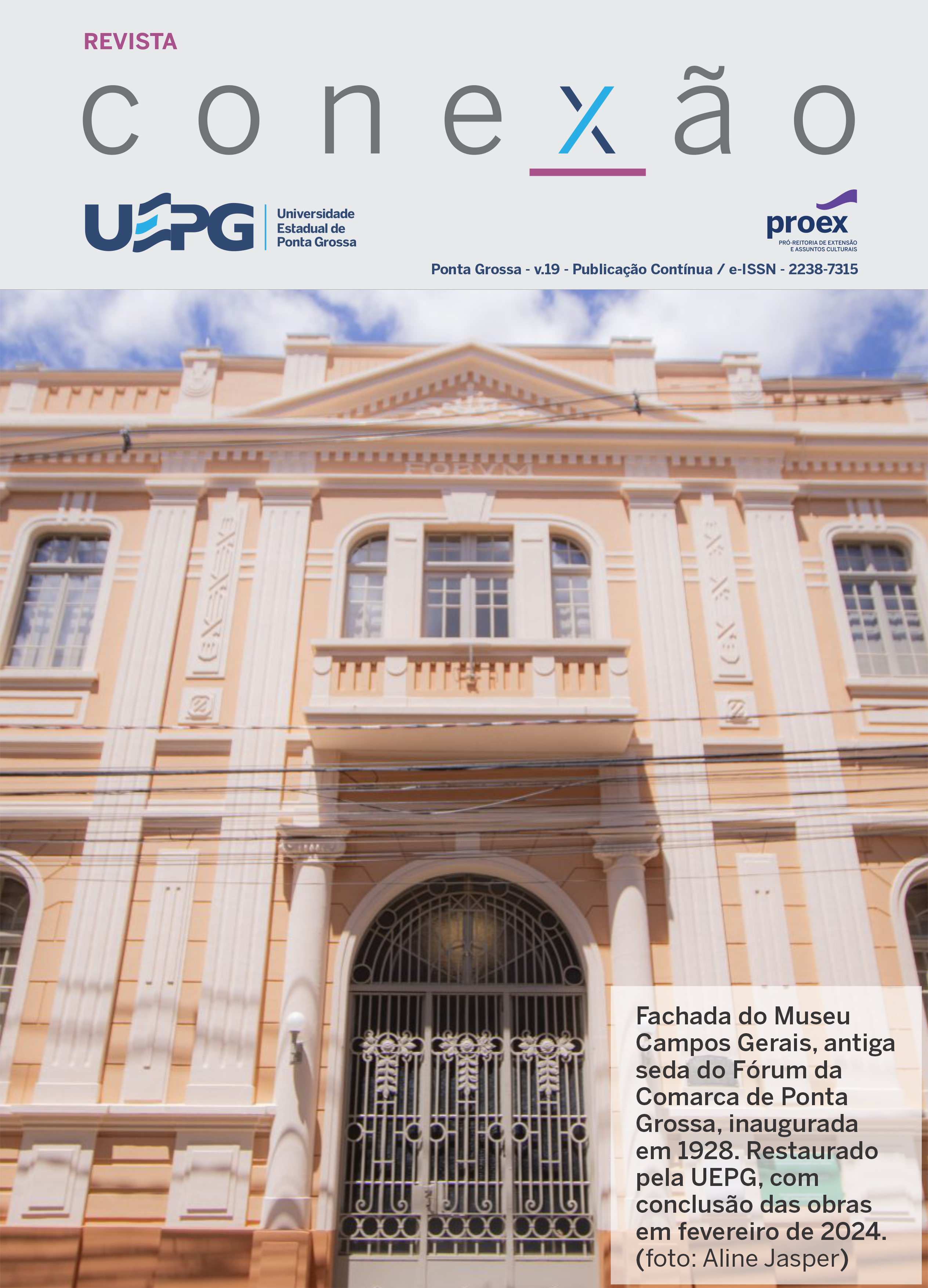PROGRAMA MULHERES MIL E O PAPEL SOCIAL DO INSTITUTO FEDERAL DE EDUCAÇÃO, CIÊNCIA E TECNOLOGIA SUL-RIO-GRANDENSE
DOI:
https://doi.org/10.5212/Rev.Conexao.v.20.23262.008Abstract
The article is the result of a Master's degree research entitled “ProgramaMulheres Mil no campus Venâncio Aires do IFSul: stories of inclusion and emancipation of women”. The research aimed to investigate the repercussions of the program, as a public policy of inclusion and social emancipation, on the lives of graduates from 2014 to 2022, which were carried out on the Venâncio Aires campus of IFSul. The Thousand Women Program is a public gender policy that aims to provide educational, social and productive inclusion of women in vulnerable situations. It represents an important movement for the culture of inclusion and democratization of Professional and Technological Education in Brazil. Therefore, this article aims to present part of the research results, in order to demonstrate the importance of the program for Federal Institutes to fulfill their social role and assume the commitment to contribute to combating inequalities.
Downloads
Downloads
Published
Issue
Section
License

This work is licensed under a Creative Commons Attribution 4.0 International License.
a) Authors retain copyright and grant the journal right of first publication with the work simultaneously licensed under a Creative Commons Attribution License that allows others to share the work with an acknowledgement of the work's authorship and initial publication in this journal.
b) By submitting an article to the Revista Conexão UEPG and having it approved, the authors agree to assign, without compensation, the following rights to the Journal: the rights of first publication and the rights to redistribute the article and its metadata to the indexing and reference services that the editors deem appropriate.
c) Readers are free to transfer, print out and use the articles published in the Journal, as long as there is always explicit mention to the author(s) and to the Revista Conexão UEPG and as long as there is no alteration of the original work. Any other use of the texts needs to be approved by the author(s) and by the Journal.






